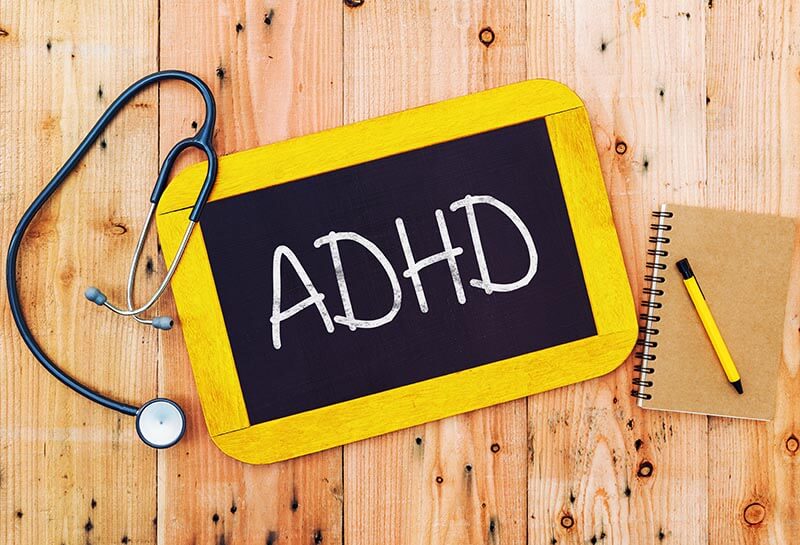Your young adult could be experiencing adult attention deficit disorder (ADD) or attention deficit hyperactivity disorder (ADHD). The symptoms could have been apparent when your child was younger but were either mislabeled or your child was able to compensate for them at the time. As your young adult faces more of the challenges of adulthood, the symptoms become impossible to disguise.
This happens because of two reasons. First, the part of the brain that helps us carry out “adult” tasks such as planning and self-control is the part affected by ADD/ADHD. Second, research has shown that young adults with the disorder mature at a rate approximately four to five years slower than young adults without ADD/ADHD.
Who is Affected by ADD/ADHD
As ADD/ADHD is studied more widely, we are beginning to realize more undiagnosed or recently diagnosed adults have had the condition since childhood. We also know ADD/ADHD is apparent in people of all intelligence levels, and that many people can exhibit the symptoms at times. Anyone who experiences the symptoms chronically, however, should be evaluated for ADD or ADHD.
Symptoms of ADD/ADHD
If your young adult has any of the following characteristics, he or she may have ADD or ADHD:
- Difficulty focusing, especially on tasks considered difficult
- Focusing too much on certain tasks, especially enjoyable ones
- Has been diagnosed with another mental disorder (ADD/ADHD seems to be present alongside many other disorders)
- Impulsive behaviors and little self-control
- Lack of organization such as chronic lateness, losing items, and messy home life
- Restlessness, though the restlessness may not be as prominent as when your adult child was younger
- Trouble controlling emotions, especially strong ones
Why ADD/ADHD Needs to Be Diagnosed and Treated
It’s easy to think that since your child has remained undiagnosed and untreated for so long, he or she can continue to live without a diagnosis and treatment. However, the problems your young adult is currently facing will likely continue. They may even worsen as his or her self-esteem is affected by what society views as failures, such as constant unemployment, financial problems, or lack of a relationship. Being diagnosed alone may ease the stress your family has been facing.
Also, those with ADD/ADHD sometimes develop or already have other problems. You may notice your young adult struggling with substance abuse, anxiety, compulsive eating, or other chronic issues.
ADD Won’t Stop Your Adult Child
Being diagnosed with ADD or ADHD doesn’t mean your young adult will never be able to live an independent life. It just means he or she needs more time and may need some additional assistance to reach that level of independence. Consider working with a counselor to help your family develop a treatment plan that shows your young adult how to manage the symptoms.
Sources:
ADDvance – Helping Your Young Adult with ADHD Prepare for Independence – https://www.add-vance.org/
HelpGuide.Org – Adult ADD/ADHD – https://www.helpguide.org/articles/add-adhd/adult-adhd-attention-deficit-disorder.htm




